Earlier this week ResearchGate alerted us that the paper ‘The Growing Importance of Mixed-Methods Research in Health‘ has been read 900 times on that platform [1]. This methods paper focuses on the growing importance of mixed-methods research to a wide range of health disciplines ranging from nursing to epidemiology.
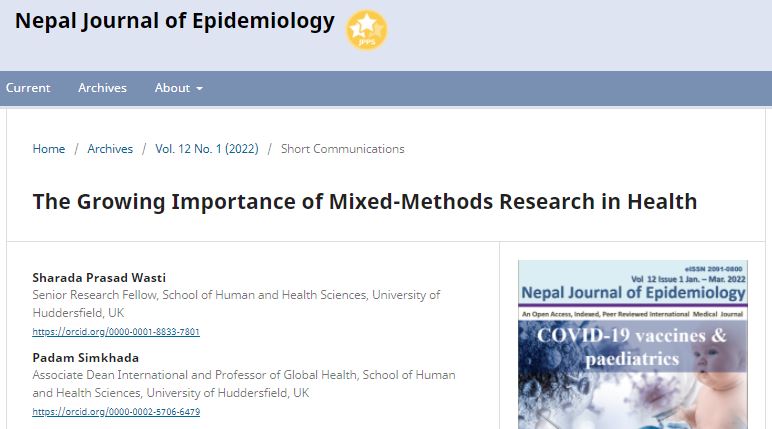
Mixed-methods approaches requires not only the skills of the individual quantitative and qualitative methods but also a skill set to bring two methods/datasets/findings together in the most appropriate way. Health researchers need to pay careful attention to the ‘best’ approach to designing, implementing, analysing, integrating both quantitative (number) and qualitative (word) information and writing this up in a way that enhances its applicability and broadens the evidence-based practice. This paper highlights the strengths and weaknesses of mixed-methods approaches as well as some of the common mistakes made by researchers applying mixed-methods for the first time.
Our team in the Centre for Midwifery & Women’s Health (CMWH) has written several other methods papers on the importance of mixed-methods research in community-based health studies [2-5]. We have, of course, conducted and published many mixed-methods studies over the past two decades [see for example 6-10].
Prof. Edwin van Teijlingen

References:
- Wasti, S. P., Simkhada, P., van Teijlingen, E., Sathian, B., & Banerjee, I. (2022). The Growing Importance of Mixed-Methods Research in Health . Nepal Journal of Epidemiology, 12(1), 1175–1178.
- Simkhada, P., van Teijlingen, E., Wasti, S.P., Sathian, B. (2014) Mixed-methods approaches in health research in Nepal, Nepal Journal of Epidemiology 4(5): 415-416.
- Mahato, P., Angell, C., van Teijlingen, E., Simkhada, P. (2018) Using Mixed-methods Research in Health & Education in Nepal, Journal of Health Promotion 6: 45-8.
- Harvey, O., van Teijlingen, E., Parrish, M. (2022) Mixed-methods research on androgen abuse – a review, Current Opinion in Endocrinology & Diabetes 29(6):586-593.
- MacKenzie Bryers, H., van Teijlingen, E. Pitchforth, E. (2014) Advocating mixed-methods approaches in health research, Nepal Journal of Epidemiology 4(5): 417-422. http://www.nepjol.info/index.php/NJE/article/view/12018/9768
- Pitchforth, E, Watson, V, Tucker, J, Ryan, M, van Teijlingen E, Farmer, J, Ireland, J, Thomson, E, Kiger, A , Bryers, H. (2008) Models of intrapartum care and women’s trade-offs in remote and rural Scotland: A mixed-methods study BJOG: An International Journal of Obstetrics & Gynaecology, 115(5): 560-569.
- Wasti, SP, Simkhada, P., Randall, J, van Teijlingen, E, Freeman, J. (2012) Factors influencing adherence to antiretroviral treatment in Nepal: a mixed-methods study. PLoS ONE 7(5): e35547. doi:10.1371/journal.pone.0035547.
- Simkhada, P., van Teijlingen, E., Devkota, B., Pathak, RS, Sathian, B. (2014) Accessing research literature: A mixed-method study of academics in Higher Education Institutions in Nepal, Nepal Journal of Epidemiology 4(4): 405-14.
- Dost, S., Arnold, R., van Teijlingen, E. (2023) Management capacity in the Afghan Ministry of Public Health pre-Taliban: A mixed-methods study of political and socio-cultural issues, Razi International Medical Journal, 3(1): 9–18
- Sharma, S., van Teijlingen, E, Hundley, V., Stephens J., Simkhada, P., Angell, C., Sicuri, E., Belizan, J.M. (2013) Mixed-methods evaluation of maternity care intervention in rural Nepal: measuring what works, Poster P.2.3.004(A), Tropical Medicine & International Health 18(Suppl. 1): 183-184.
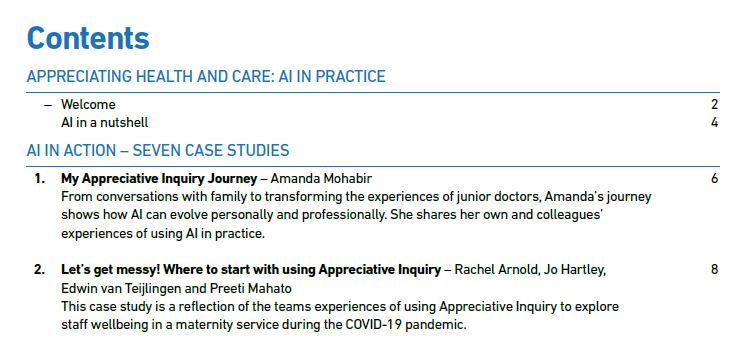

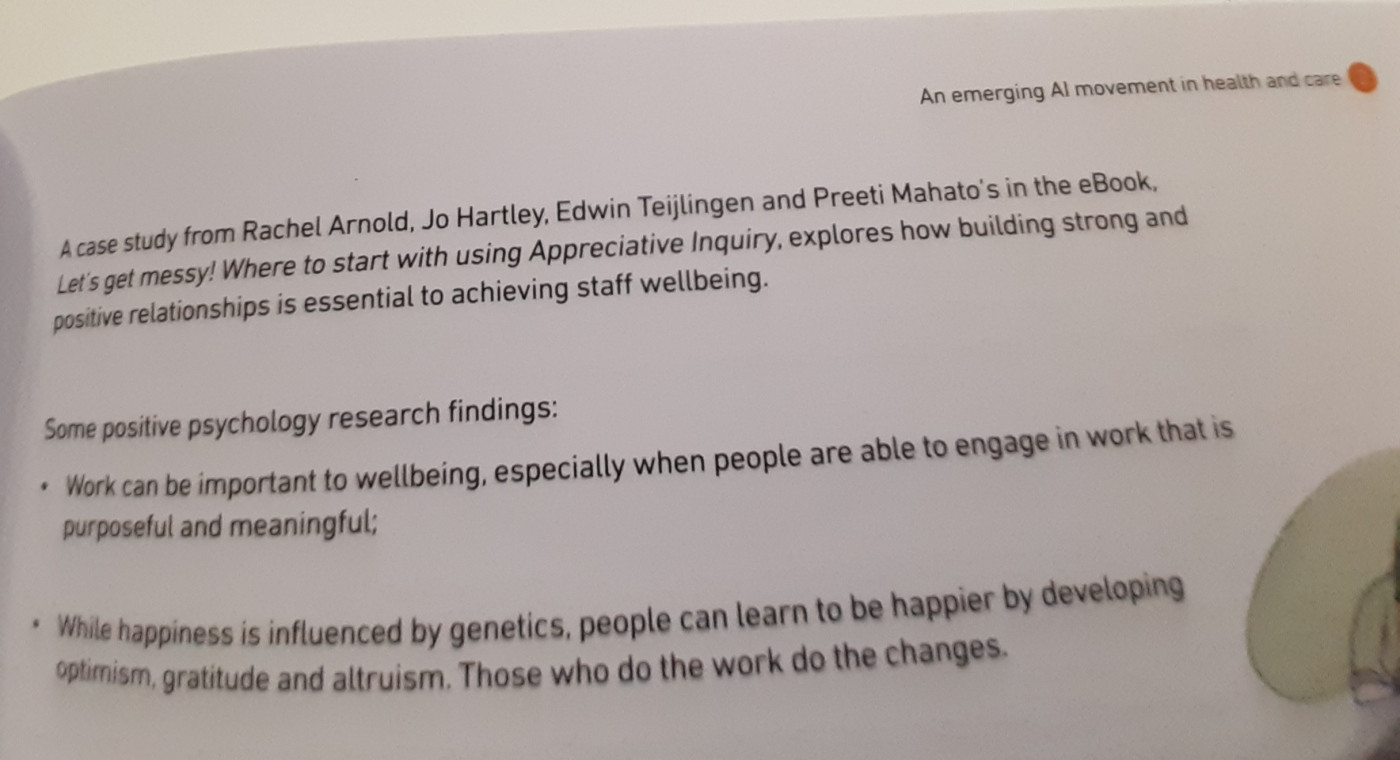
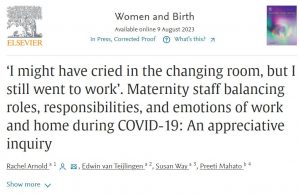
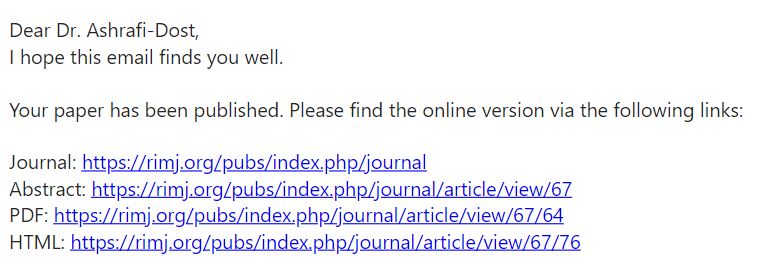
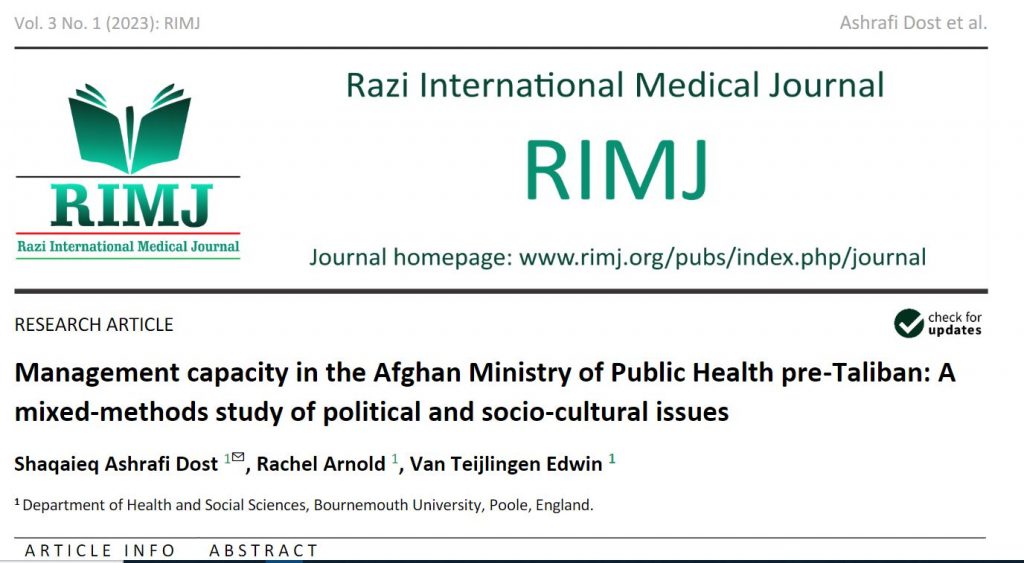

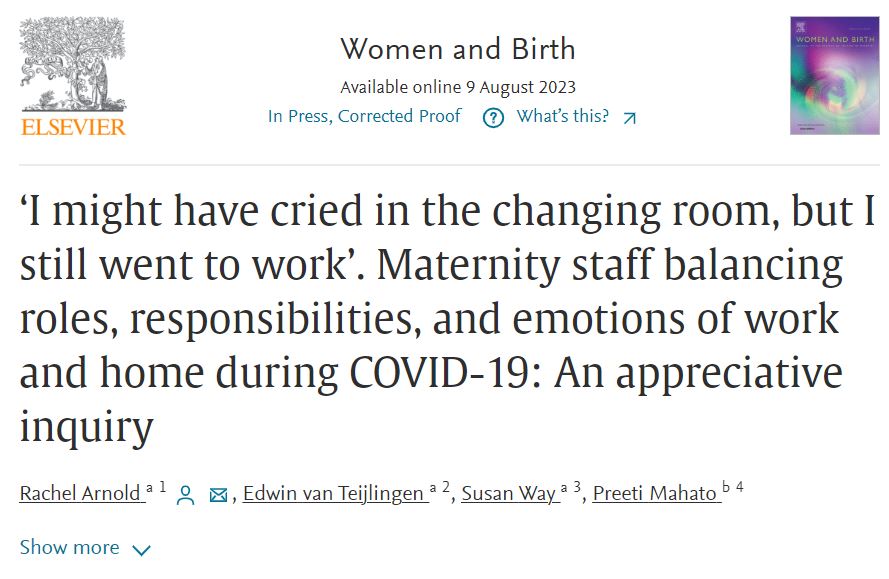


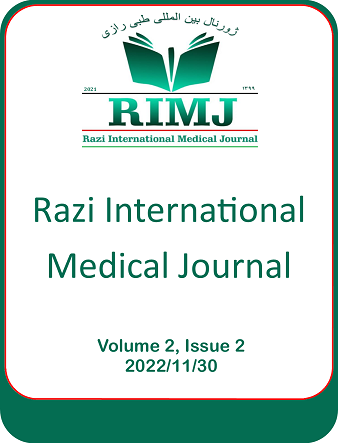
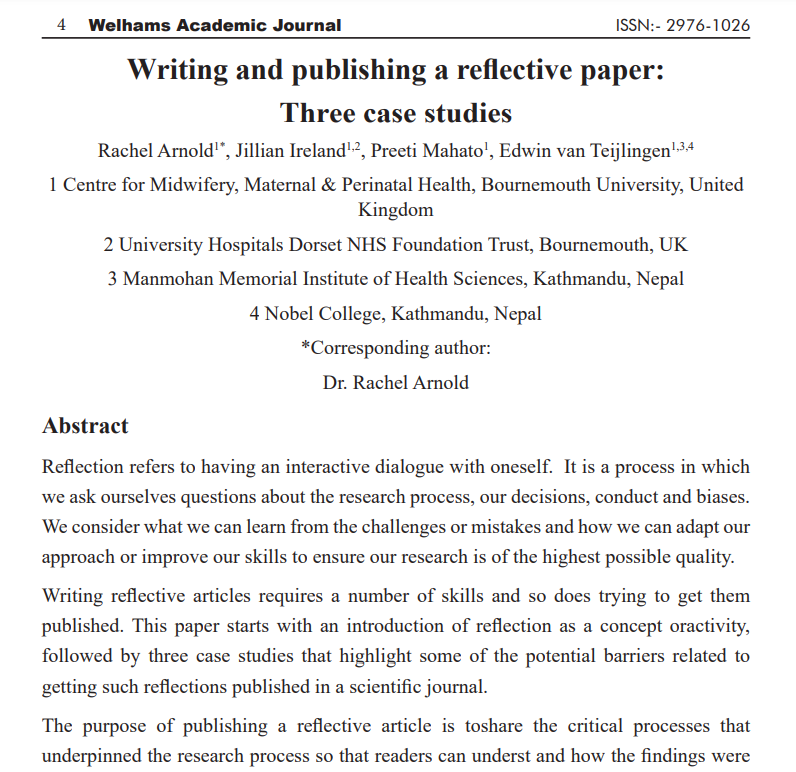





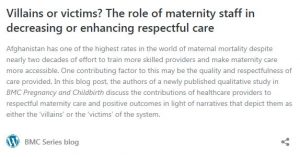
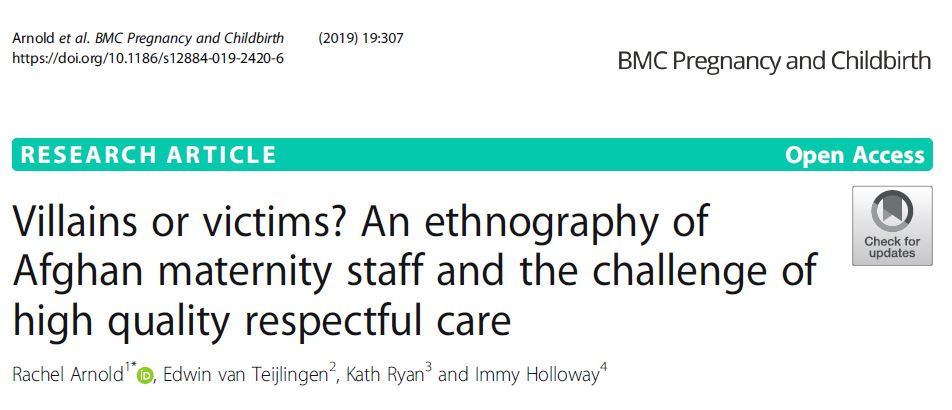











 3C Event: Research Culture, Community & Can you Guess Who? Friday 20 March 1-2pm
3C Event: Research Culture, Community & Can you Guess Who? Friday 20 March 1-2pm Beyond Academia: Exploring Career Options for Early Career Researchers – Online Workshop
Beyond Academia: Exploring Career Options for Early Career Researchers – Online Workshop UKCGE Recognised Research Supervision Programme: Deadline Approaching
UKCGE Recognised Research Supervision Programme: Deadline Approaching SPROUT: From Sustainable Research to Sustainable Research Lives
SPROUT: From Sustainable Research to Sustainable Research Lives BRIAN upgrade and new look
BRIAN upgrade and new look ECR Funding Open Call: Research Culture & Community Grant – Apply now
ECR Funding Open Call: Research Culture & Community Grant – Apply now ECR Funding Open Call: Research Culture & Community Grant – Application Deadline Friday 12 December
ECR Funding Open Call: Research Culture & Community Grant – Application Deadline Friday 12 December MSCA Postdoctoral Fellowships 2025 Call
MSCA Postdoctoral Fellowships 2025 Call ERC Advanced Grant 2025 Webinar
ERC Advanced Grant 2025 Webinar Update on UKRO services
Update on UKRO services European research project exploring use of ‘virtual twins’ to better manage metabolic associated fatty liver disease
European research project exploring use of ‘virtual twins’ to better manage metabolic associated fatty liver disease